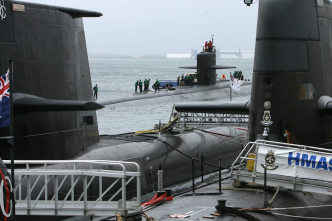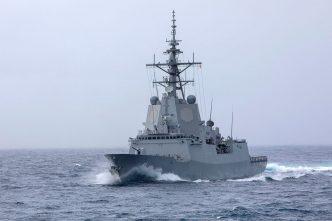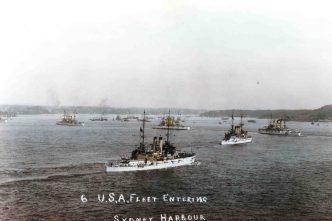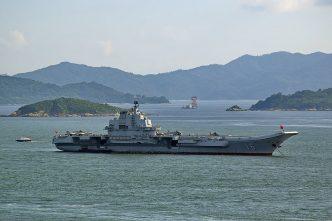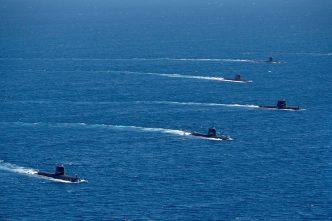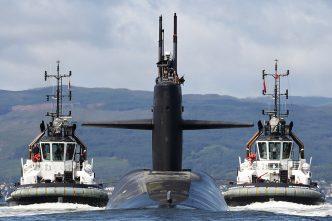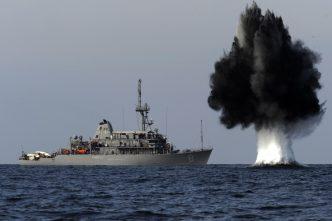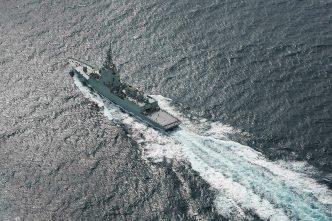Originally published on 9 February 2023. In March, the government is expected to announce its plans to implement the ambitious proposal for an Australian force of nuclear-powered submarines (SSNs) that is at the heart of …
In March, the government is expected to announce its plans to implement the ambitious proposal for an Australian force of nuclear-powered submarines (SSNs) that is at the heart of the AUKUS agreement. Any scheme for …
Australia’s recent change of government provides a useful opportunity to reflect on the problems of the South China Sea and the way ahead for our national policies. In a sense, the clear continuity between the …
This post is an excerpt from the new ASPI publication ANZUS at 70: the past, present and future of the alliance, released on 18 August. Over the next few weeks, The Strategist will be publishing a …
In recent years, China has taken a dim view of Australian naval and air activities in the South China Sea. Australia is considered an intruder, an external power that has no right to deploy into …
In 1976, Admiral of the Fleet of the Soviet Union Sergei Georgyevich Gorshkov published his exposition of Soviet maritime strategy under the title The sea power of the state. It was translated by United States …
Prime Minister John Howard famously coined the term ‘barbecue stopper’ to refer to a political controversy so hot that it was likely to make backyard diners stop mid-shrimp-sizzle to debate the big issue of the …
As a former naval officer and current student of maritime affairs, I have long been infuriated by the blanket use of the term ‘non-traditional’ to describe security threats external to those directly generated by the …
The maritime strategic balance in the Indo-Pacific is changing rapidly. The future of undersea nuclear deterrent forces has strategic, operational and force structure aspects for all major powers in the region. Strategic competition in an …
Captain Chris O’Flaherty of the Royal Navy has produced a timely study of the theory and practice of naval mine warfare in a period when strategic and technological change are challenging traditional concepts of maritime …
The Washington-based Center for Strategic and Budgetary Analysis recently released a thought-provoking assessment of the US Navy’s plan for its surface forces. Taking back the seas: transforming the US surface fleet for decision-centric warfare is …
In many ways, the American label of ‘great wall of sand’ that was applied to the artificial islands in the South China Sea encapsulates a key element of Chinese thinking. The same desire to protect …


